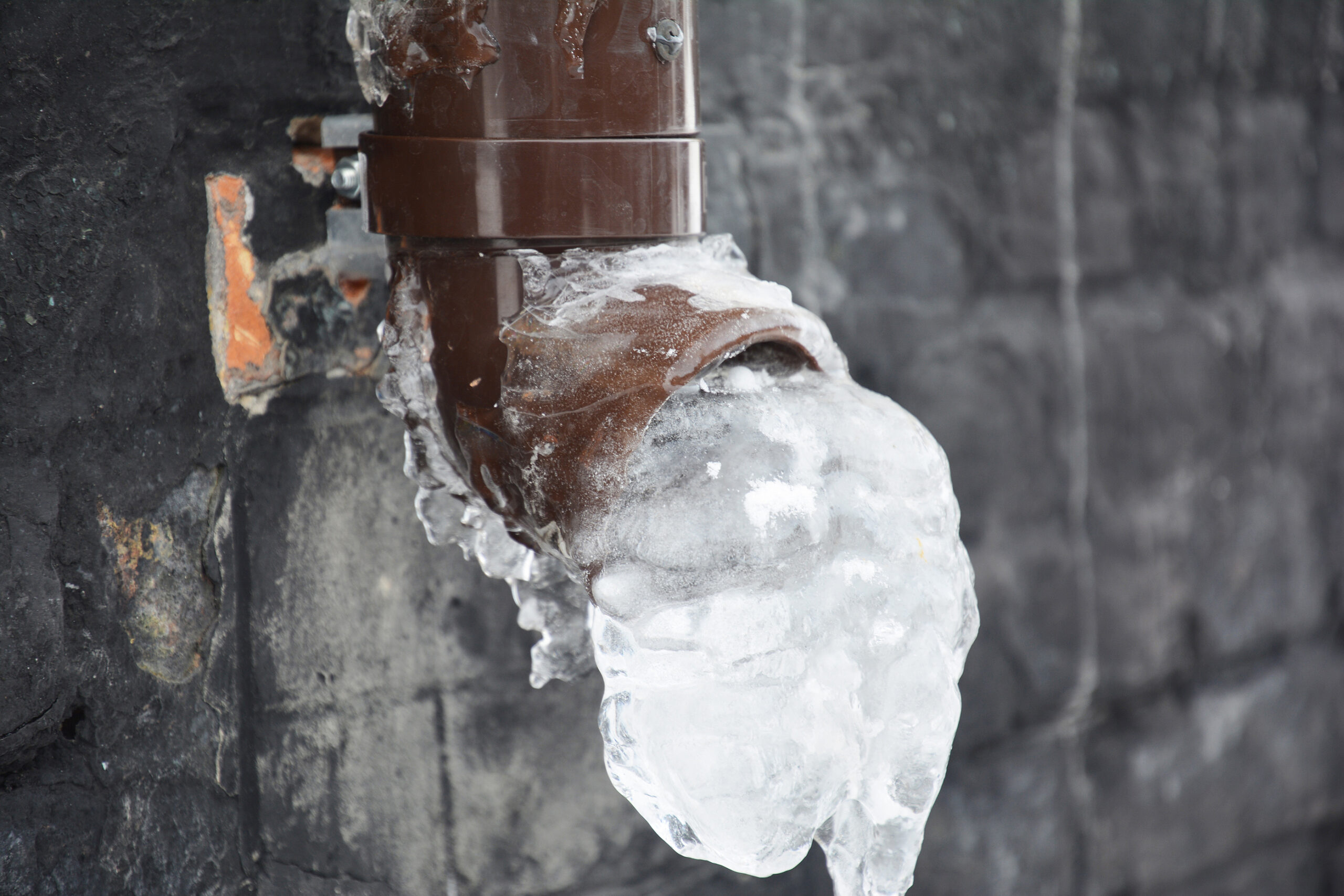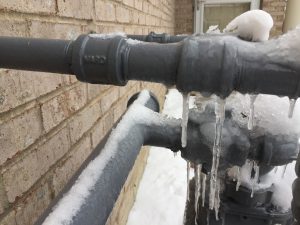Essential Tips for Preventing Frozen Pipes in Winter Conditions
Essential Tips for Preventing Frozen Pipes in Winter Conditions
Blog Article
In this article on the next paragraphs you'll find a bunch of professional information around 6 Ways to Prevent Frozen Pipes.

Winter can damage your plumbing, specifically by freezing pipes. Here's just how to avoid it from taking place and what to do if it does.
Introduction
As temperature levels decrease, the risk of icy pipes rises, possibly resulting in costly repairs and water damage. Understanding exactly how to stop frozen pipes is critical for home owners in cold climates.
Understanding Icy Pipelines
What triggers pipelines to freeze?
Pipelines ice up when exposed to temperature levels below 32 ° F (0 ° C) for extended durations. As water inside the pipelines ices up, it increases, putting pressure on the pipe walls and potentially causing them to rupture.
Threats and problems
Icy pipelines can bring about water system disruptions, residential property damage, and expensive repair work. Burst pipes can flooding homes and cause substantial architectural damage.
Indications of Frozen Pipeline
Identifying frozen pipelines early can prevent them from bursting.
Exactly how to determine frozen pipes
Search for lowered water circulation from taps, uncommon smells or sounds from pipelines, and noticeable frost on exposed pipelines.
Avoidance Tips
Shielding vulnerable pipes
Cover pipelines in insulation sleeves or utilize warm tape to safeguard them from freezing temperature levels. Focus on pipelines in unheated or exterior locations of the home.
Home heating techniques
Maintain interior areas sufficiently warmed, particularly areas with pipes. Open cabinet doors to permit cozy air to circulate around pipes under sinks.
Securing Outdoor Pipes
Yard hoses and outside faucets
Separate and drain yard pipes prior to winter months. Mount frost-proof spigots or cover outdoor faucets with insulated caps.
What to Do If Your Pipes Freeze
Immediate actions to take
If you suspect icy pipelines, maintain taps available to soothe pressure as the ice thaws. Use a hairdryer or towels taken in hot water to thaw pipelines gradually.
Long-Term Solutions
Structural changes
Consider rerouting pipelines far from exterior wall surfaces or unheated locations. Add extra insulation to attic rooms, basements, and crawl spaces.
Updating insulation
Purchase high-quality insulation for pipes, attic rooms, and wall surfaces. Proper insulation helps keep constant temperature levels and minimizes the danger of frozen pipes.
Conclusion
Preventing frozen pipelines requires positive steps and quick responses. By understanding the reasons, signs, and safety nets, house owners can safeguard their pipes during winter.
Helpful Tips to Prevent Frozen Pipes this Winter
UNDERSTANDING THE BASICS: WHY PIPES FREEZE AND WHY IT’S A PROBLEM
Water freezing inside pipes is common during the winter months, but understanding why pipes freeze, and the potential problems it can cause is crucial in preventing such incidents. This section will delve into the basics of why pipes freeze and the associated problems that may arise.
THE SCIENCE BEHIND FROZEN PIPES
When water reaches freezing temperatures, it undergoes a physical transformation and solidifies into ice. This expansion of water as it freezes is the primary reason pipes can burst. As the water inside the pipe freezes, it expands, creating immense pressure on the walls. If the pressure becomes too great, the pipe can crack or rupture, leading to leaks and water damage.
FACTORS THAT CONTRIBUTE TO PIPE FREEZING
Low Temperatures: Extremely cold weather, especially below freezing, increases the risk of pipes freezing. Uninsulated or Poorly Insulated Pipes: Pipes located in unheated areas, such as basements, crawl spaces, or attics, are more prone to freezing. Insufficient insulation or lack of insulation altogether exacerbates the problem. Exterior Wall Exposure: Pipes running along exterior walls are susceptible to freezing as they encounter colder temperatures outside. Lack of Heating or Temperature Regulation: Inadequate heating or inconsistent temperature control in your home can contribute to frozen pipes. PROBLEMS CAUSED BY FROZEN PIPES
- Pipe Bursting: As mentioned earlier, the expansion of water as it freezes can cause pipes to burst, resulting in significant water damage.
- Water Damage: When pipes burst, it can lead to flooding and water damage to your property, including walls, ceilings, flooring, and personal belongings.
- Structural Damage: Prolonged exposure to water from burst pipes can compromise the structural integrity of your home, leading to costly repairs.
- Mold and Mildew Growth: Excess moisture from water damage can create a favorable environment for mold and mildew growth, posing health risks to occupants.
- Disrupted Water Supply: Frozen pipes can also result in a complete or partial loss of water supply until the issue is resolved.
WHY CERTAIN PIPES ARE MORE PRONE TO FREEZING
- Location: Pipes located in unheated or poorly insulated areas, such as basements, crawl spaces, attics, or exterior walls, are at higher risk of freezing.
- Exterior Pipes: Outdoor pipes, such as those used for irrigation or exposed plumbing, are particularly vulnerable to freezing as they are directly exposed to the elements.
- Supply Lines: Pipes that carry water from the main water supply into your home, including the main water line, are critical to protect as freezing in these lines can affect your entire plumbing system.
- Underground Pipes: Pipes buried underground, such as those connected to sprinkler systems or outdoor faucets, can be susceptible to freezing if not properly insulated.
https://busybusy.com/blog/helpful-tips-to-prevent-frozen-pipes-this-winter/

As a person who reads on Helpful Tips to Prevent Frozen Pipes this Winter, I think sharing that article post was essential. Those who appreciated our blog post kindly do not forget to share it. I praise you for your time. Revisit us soon.
Get A Quote Report this page